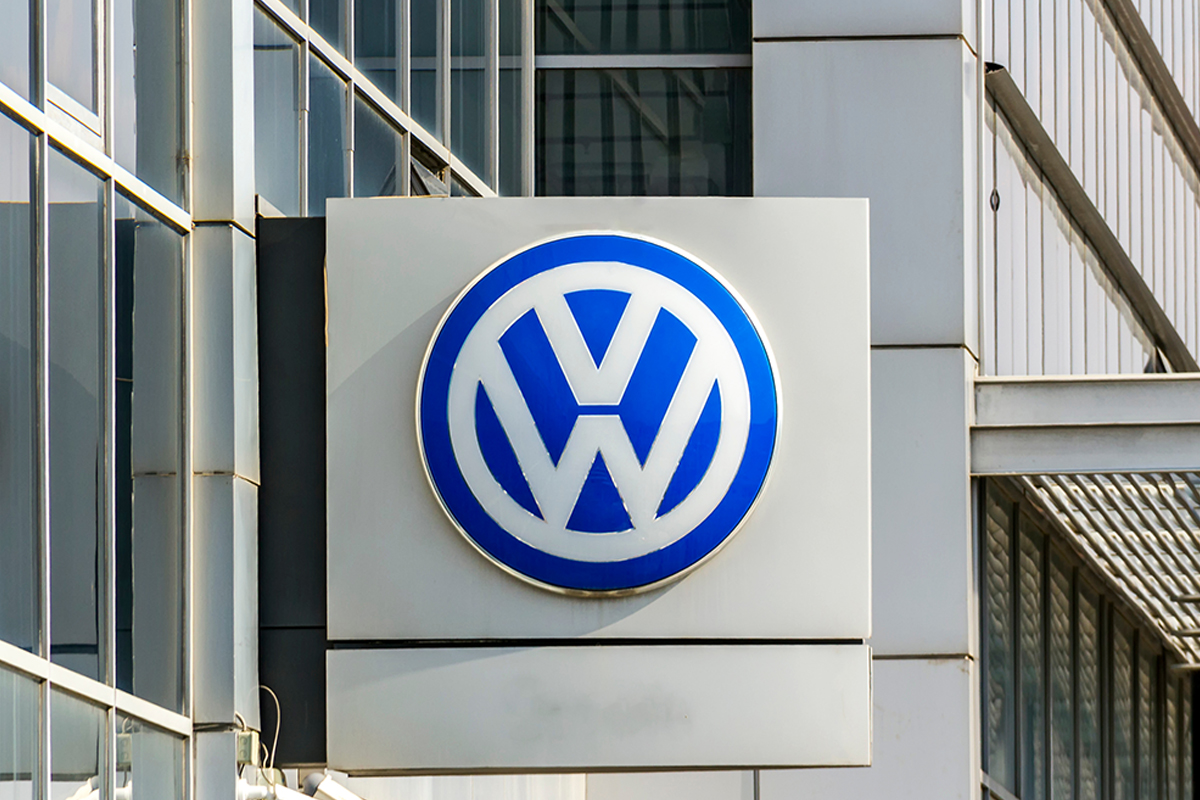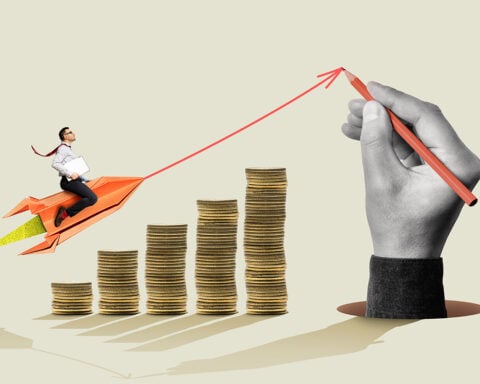Volkswagen and Renault, two of Europe’s prominent car manufacturers, experienced a significant dip in their shares after UBS analysts advised investors to offload these stocks. The rising dominance of Chinese car manufacturers was a primary concern.
By late Friday, Volkswagen’s shares had dipped by 4.4%, and Renault’s were down by 5.6%. In contrast, the STOXX Europe 600 index remained unchanged.
UBS analysts from Switzerland changed their previous neutral rating on both stocks to a more critical “sell” on Thursday. The experts, Patrick Hummel, David Lesne, and Juan Perez-Carrascosa, pointed out in their report that Volkswagen might struggle to counter the increasing challenge from Chinese rivals without taking a hit on earnings.
Volkswagen, which considers China its most significant market, has seen its sales numbers drop there. This decline comes as local competitors like BYD, backed by renowned investor Warren Buffett, took over as China’s top-selling brand, pushing Volkswagen to the second spot.
According to UBS analysts, the emerging competition from cutting-edge Chinese electric vehicles (EVs) is a considerable threat. They emphasized that traditional mass car producers are most vulnerable to market share reductions due to Chinese competitors and Tesla’s intensifying competition.
The analysts were particularly concerned about Renault, observing that the French car manufacturer’s financial performance showed no sign of improvement.
Interestingly, “sell” or “underperform” ratings from analysts at investment banks are not common. A recent study indicated that only about 9% of all suggestions fall into this category. On the other hand, positive ratings like “strong buy” or “buy” constituted 46%. This pattern correlates with past research suggesting that sell-side analysts typically lean towards optimism, possibly due to pressure from large-scale investors.
Indeed, a 2013 study in The Accounting Review provided potential evidence that influential investors could influence sell-side analysts to have more positive perspectives, benefiting their investment agendas.
China’s efforts to electrify its transportation have been steadfast. Record-breaking EV sales were reported in June, driven by price reductions and local government incentives, as per the China Passenger Car Association’s data.
International automotive giants like Volkswagen and Renault haven’t remained bystanders in this transition. Volkswagen recently acquired a stake in Xpeng, a Chinese EV manufacturer, intending to bolster its position in China. Likewise, Renault and Geely unveiled their plans for a partnership focused on creating engines for hybrid and conventional fuel vehicles, with a potential combined investment of up to €7 billion ($7.7 billion).
As the global automotive landscape undergoes a transformation, driven in part by the rapid electrification in China, traditional automotive giants like Volkswagen and Renault find themselves at a crossroads. Their collaborations with Chinese companies reflect a broader strategy to stay relevant and competitive in this evolving market. Yet, as they navigate these changes, the overarching question remains: Will such partnerships be enough to weather the storm of intense competition, or will the giants need to innovate further to secure their market positions?







